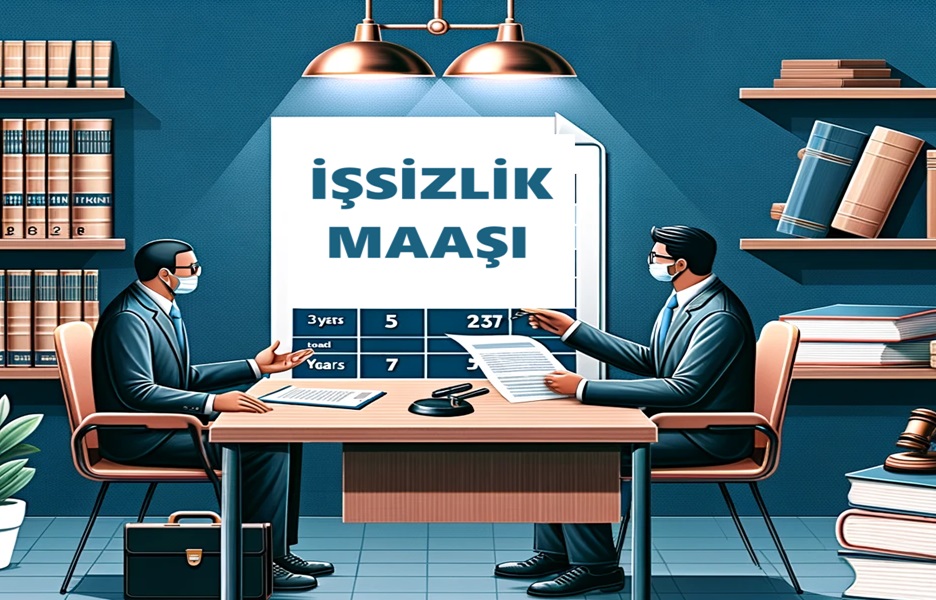When a person passes away, they leave behind an estate consisting of money, real estate, and other valuable assets. The distribution of this estate depends on the deceased’s familial relationships and whether they have a will.
Who Inherits from a Single Sibling?
If a deceased sibling has no children and was married, the inheritance is distributed among the spouse, mother, and father. Each party receives an equal share of the estate.
How Does Inheritance Work Between Siblings?
Inheritance among siblings varies depending on whether the deceased was married. If married, the spouse receives a 1/4 share, and the remaining portion is equally divided among the siblings. If there is no spouse, the entire estate is equally divided among the siblings.
Who Inherits When Someone Without Children Dies?
If the deceased’s parents are alive, they share 1/4 of the estate. If both parents have passed away and there is no spouse, the estate is equally divided among the siblings.
What Happens to the Estate If There Are No Descendants?
If there are no descendants and the parents are alive, the estate goes directly to the parents. If the parents have also passed away, the siblings inherit the estate, dividing it equally.
Who Inherits from an Unmarried Sibling?
The inheritance left behind by a person is distributed to their blood relatives, adopted children, or someone designated in a will, according to established laws.
If the deceased sibling was unmarried with no suitable heirs, specific laws come into play. The most significant factor in determining the outcome is whether the deceased’s parents are alive after their death.
If the deceased’s mother or father is alive, the estate goes directly to them. If neither parent is alive, and there are no grandparents, the siblings of the deceased inherit the estate.
If the siblings are also deceased, their children inherit. If there are no children, the inheritance can extend to second-degree relatives.
If there are no living relatives, the estate goes directly to the state treasury.
Inheritance for Childless and Unmarried Individuals
There are two scenarios: either the deceased was divorced with children or had children out of wedlock.
The deceased’s direct descendants are the primary consideration. If there are surviving descendants, they inherit the estate. If there are multiple children, the estate is equally divided among them.
The Role of Adopted Children in Inheritance
Adopted children and their descendants are considered heirs to the adoptive parent, just like blood relatives. The adoption does not affect the adopted child’s inheritance rights from their biological family. In such cases, neither the adoptive parent nor their relatives have inheritance rights over the adopted child.
Inheritance Distribution While the Inheritor Is Alive
The transfer of the deceased’s assets to the heirs is known as inheritance transmission. If the inheritor is alive, the only way to distribute the inheritance is through a will.
If the deceased has written a will specifying how the estate should be distributed, the inheritance goes directly to those named in the will.
Division of Inheritance Among Siblings
Legally, siblings from the same parents have the right to an equal share of the inheritance.
In cases where the deceased sibling was unmarried and without any heirs, the estate is equally divided among the surviving siblings.








 Strazburg Cad. Bina No: 10 Kat:3 Daire: 9-10-11-12 PK:06410 Sıhhiye - Çankaya - ANKARA
Strazburg Cad. Bina No: 10 Kat:3 Daire: 9-10-11-12 PK:06410 Sıhhiye - Çankaya - ANKARA +90 312 995 02 02
+90 312 995 02 02 E-Posta Gönderin
E-Posta Gönderin
AVUKATA İLK SORUYU SİZ SORMAK İSTER MİSİNİZ?